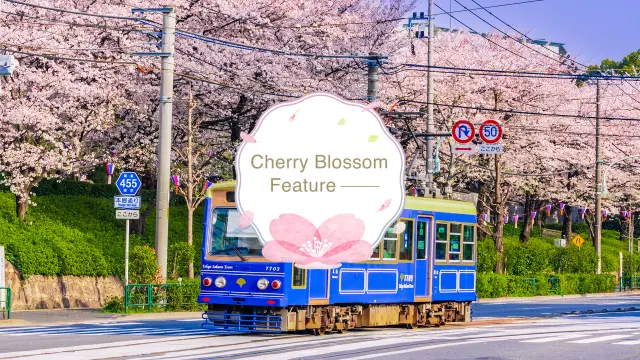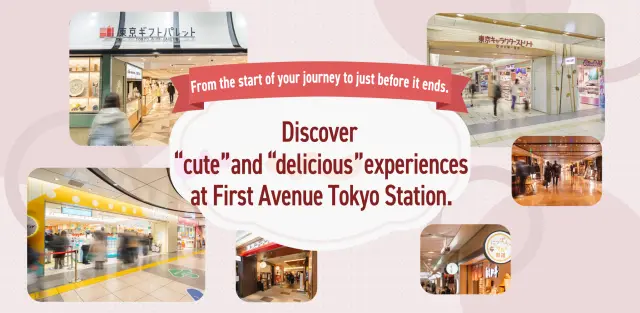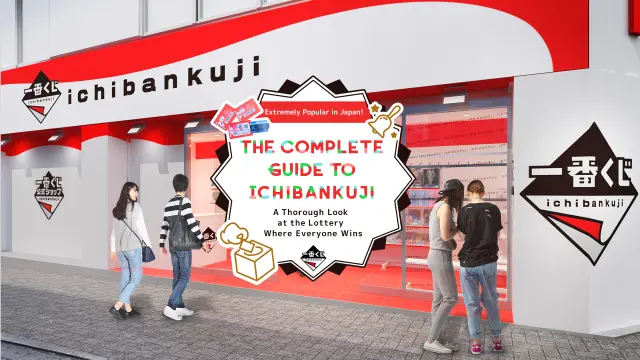Around “Honmachi Street,” now the heart of Kiryu City, you can still find historic buildings like textile storehouses, traditional townhouses, and sawtooth-roof factories. The old plot layout from those days also remains. It’s a popular spot for its nostalgic streetscape that captures the spirit of Kiryu, a town that once thrived on the textile industry.
Its history goes back a long way. It’s said to have begun Approx 400 years ago, when Yaemon Ono, a clerk, carried out orders from Nagayasu Okubo, a retainer of Tokugawa Ieyasu. Starting from Kiryu Tenmangu Shrine, the town was laid out in a planned way. The whole area came to look like a shrine-front town. As the silk textile industry grew, the city center spread outward into the suburbs.
Kiryu’s silk textile industry flourished as one of Japan’s key industries from around 1872 to 1937, and it played a major role in earning foreign currency. Back then, Kiryu Shinmachi filled up with textile-related businesses like brokers, yarn merchants, kimono fabric shops, and dyeing workshops. The district continued to prosper. In 2012, it was selected as the fifth Important Preservation District for Groups of Traditional Buildings in the Kanto region. Since then, it has been known as the “Kiryu Shinmachi Important Preservation District for Groups of Traditional Buildings.”
If you’re going to stroll around Kiryu, a textile town known for its charming, traditional Japanese streetscapes, head out in a kimono.
Kiryu Orihime Club is a great choice. They offer kimono rentals and dressing at very reasonable prices.
Highlights
-
Around Honmachi Street, you can still find kura storehouses, machiya townhouses, and sawtooth-roof factories that tell the story of the area’s textile heritage.
-
This townscape was carefully planned and developed Approx 400 years ago, growing as a temple-front town.
-
Kiryu’s silk textile industry flourished as one of Japan’s key industries, and it became the foundation of the city center.
-
In 2012, the area was designated as an Important Preservation District for Groups of Traditional Buildings.
-
You can also rent a kimono and enjoy a stroll through these atmospheric streets.




























